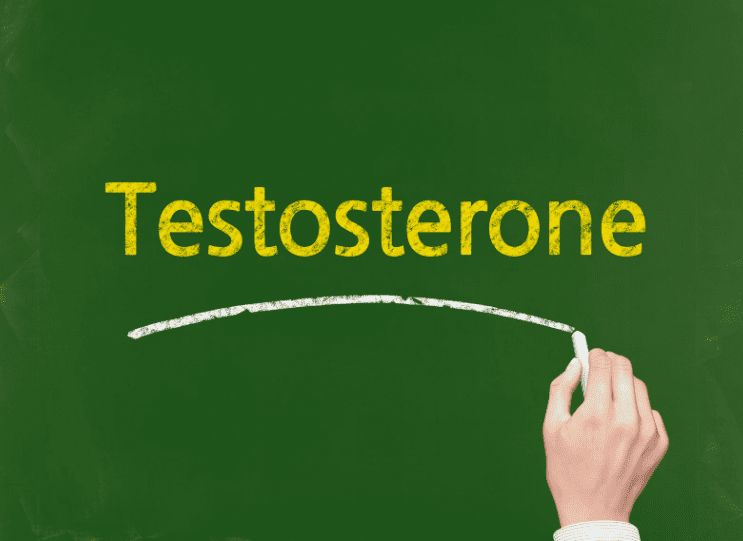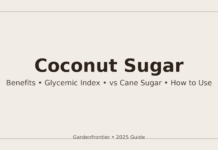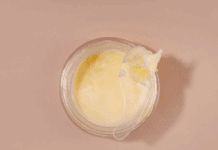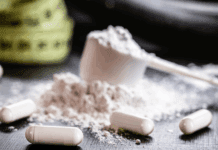
Testosterone is often cast as the “male hormone,” but its influence reaches far beyond that, it’s a cornerstone of health for everyone. While it plays a starring role in muscle growth and bone strength for men, it’s just as essential for women, supporting everything from mood and energy to sexual health and well-being. If you’re curious about how to help your body naturally maintain healthy testosterone levels, here are eight strategies rooted in the latest research.
1. Engage in Regular Resistance Training
You’ve probably heard that lifting weights is good for your muscles, but did you know it’s also a powerful ally for your hormones? Resistance training, think weightlifting, bodyweight exercises, or even resistance bands, stimulates your body to produce more testosterone. Research shows that short, intense sessions, especially those focusing on large muscle groups, are particularly effective. The key is consistency: aim for regular workouts, and your hormones will thank you
A 2020 literature review highlights that both the intensity and type of exercise matter: short bursts of heavy lifting and high-intensity interval training (HIIT) are particularly effective at eliciting hormonal responses.
2. Maintain a Balanced Diet: Protein, Fat, and Carbohydrates
What you put on your plate matters more than you might think. A diet rich in lean proteins, healthy fats (like those from avocados, nuts, and olive oil), and complex carbohydrates provides the building blocks your body needs to produce testosterone. Protein supports muscle repair and fat loss, while healthy fats are essential for hormone synthesis. Striking a balance is crucial—overeating or extreme dieting can throw your hormones off track.
Healthy fats, especially monounsaturated and omega-3 fatty acids, are essential for steroid hormone synthesis. Overeating or excessive calorie restriction can disrupt hormonal equilibrium, making a balanced, whole-food-based diet essential for maintaining healthy testosterone.
3. Manage Stress and Reduce Cortisol
Chronic stress leads to elevated cortisol, a hormone that antagonizes testosterone. The relationship between cortisol and testosterone is often described as a seesaw: as cortisol rises, testosterone tends to fall. Stress management techniques, such as mindfulness, meditation, and regular physical activity, can help lower cortisol and support healthy testosterone levels. Adequate sleep and relaxation are also vital components of stress reduction.
4. Optimize Vitamin D Intake
Vitamin D deficiency is widespread and has been linked to low testosterone levels. Emerging research suggests that vitamin D supplementation can improve testosterone status, particularly in individuals with deficiencies. Safe sun exposure and vitamin D3 supplementation, under medical guidance, are recommended strategies to ensure adequate levels of this crucial nutrient.
5. Consider Targeted Supplementation
Certain supplements may support testosterone production, especially in cases of deficiency. Zinc, for instance, has been shown to improve testosterone levels and sexual function in both men and women with low zinc status. Herbal supplements like ashwagandha and ginger have demonstrated some promise in preliminary studies, though more research is needed. Always consult a healthcare provider before starting any new supplement regimen.
6. Prioritize Restorative Sleep
Sleep quality and duration are closely tied to hormonal health. Disrupted or insufficient sleep can significantly lower testosterone levels. A 2019 study involving over 2,000 participants found that poor sleep was associated with reduced testosterone. Aim for 7–9 hours of uninterrupted, restorative sleep each night to support optimal hormone production.
7. Minimize Exposure to Endocrine Disruptors
Chemicals that mimic estrogen, such as bisphenol-A (BPA) and parabens, can interfere with testosterone production. These endocrine disruptors are commonly found in plastics, personal care products, and food packaging. Reducing exposure by choosing BPA-free products and minimizing plastic use can help protect hormonal balance.
8. Moderate Alcohol Consumption
Excessive alcohol intake is associated with decreased testosterone production and testicular atrophy. Even moderate alcohol consumption can temporarily lower testosterone levels. Limiting alcohol intake supports healthy hormone levels and overall well-being.
Key Takeaways
Testosterone levels naturally decline with age, but lifestyle choices can significantly influence this trajectory. By adopting these evidence-based strategies, regular exercise, balanced nutrition, stress management, adequate vitamin D, targeted supplementation, restorative sleep, reduced exposure to endocrine disruptors, and moderate alcohol consumption, you can support healthy testosterone levels and promote long-term health.
Always consult with a healthcare professional before making significant changes to your diet, exercise, or supplement routine, especially if you have underlying health conditions.








